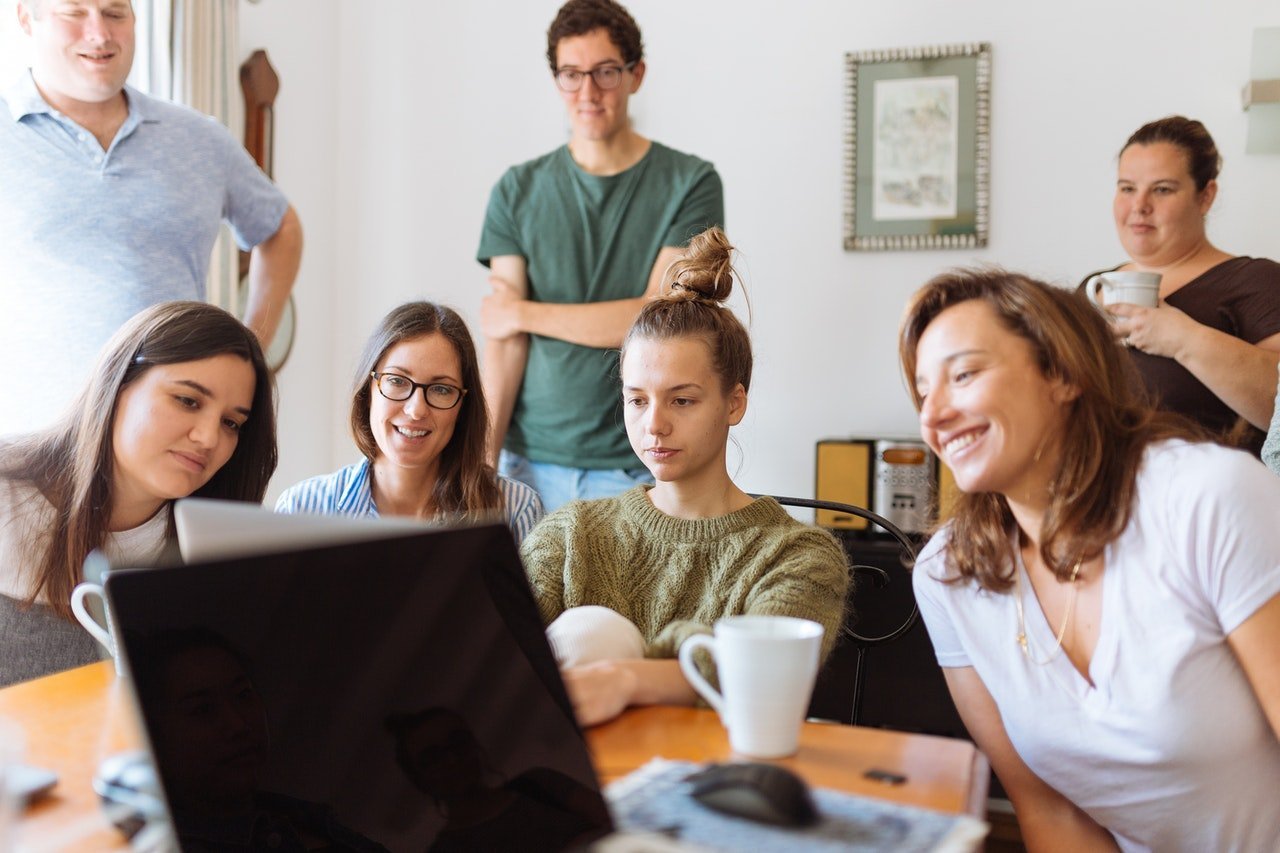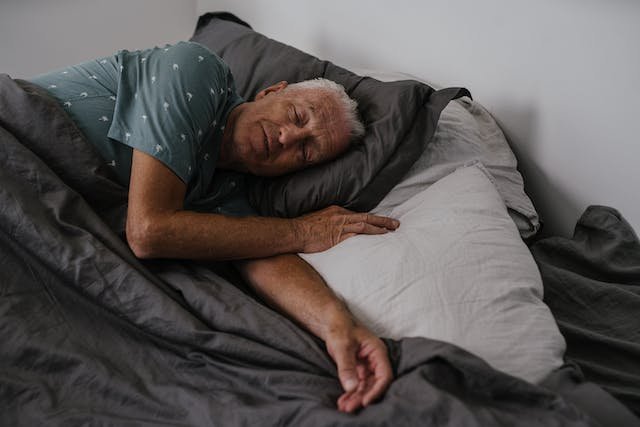
Sleep Soundly: Navigating the Digital World for Better Sleep
Student corner:
Contributed by
Ms Aaliya Masoodi
Introduction:
In today’s digital age, technology has become an integral part of our lives. However, the excessive use of screens, such as smartphones, tablets, and laptops, can disrupt our sleep patterns and affect our overall well-being. In this article, i will explore the impact of technology on sleep and provide practical tips to improve sleep hygiene.
The Blue Light Effect:
One of the main culprits behind sleep disturbances is the blue light emitted by electronic devices. Exposure to blue light in the evening can suppress the production of melatonin, a hormone that regulates sleep. To minimize the impact, consider using apps or settings that reduce blue light emission, or wearing blue light-blocking glasses.
Establish a Digital Curfew:
Creating a digital curfew can help signal to your body that it’s time to wind down for sleep. Set a specific time, such as an hour before bedtime, to disconnect from screens. Instead, engage in relaxing activities like reading a book, taking a warm bath, or practicing relaxation techniques.
Create a Sleep-Friendly Bedroom:
Make your bedroom a sanctuary for quality sleep. Keep electronic devices out of the bedroom or at least away from the bed. The temptation to check notifications or engage in late-night scrolling can disrupt your sleep routine. Additionally, ensure your bedroom is dark, quiet, and at a comfortable temperature to promote optimal sleep conditions.
Establish a Bedtime Routine:
Developing a consistent bedtime routine can signal to your body that it’s time to unwind. Engage in relaxing activities before bed, such as listening to calming music, practicing gentle stretching or yoga, or meditating. Avoid stimulating activities or intense exercise close to bedtime, as they can make it harder to fall asleep.
Limit Screen Time Before Bed:
Avoid using electronic devices, especially screens, in the hour before bedtime. The content we consume on screens can be stimulating and keep our minds active, making it harder to fall asleep. Instead, engage in activities that promote relaxation, such as reading a physical book, journaling, or listening to soothing music.
Conclusion:
While technology has undoubtedly enhanced our lives, it’s crucial to strike a balance and prioritize our sleep. By being mindful of our screen usage, establishing healthy sleep habits, and creating a sleep-friendly environment, we can optimize our sleep patterns and wake up feeling refreshed and rejuvenated.
References:
Definition of SCREEN TIME”. www.merriam-webster.com.
oone, Janne E; Gordon-Larsen, Penny; Adair, Linda S; Popkin, Barry M (2007). “Screen time and physical activity during adolescence: longitudinal effects on obesity in young adulthood”. International Journal of Behavioral Nutrition and Physical Activity.
View in browser :The Health Guide
Join the mailing List of The Health Guide
Join the mailing list!
Get the latest articles delivered right to your inbox!




